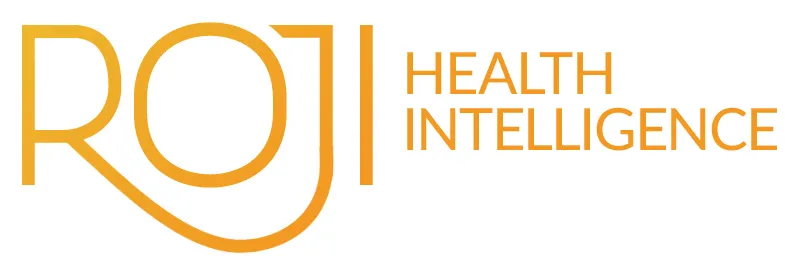Can Academic Medical Centers (AMCs) survive Value-Based Health Care and its metamorphosis to financial risk? That’s the question many industry watchers have been asking for several years, as margins have slimmed and some university-based programs have sold off their facilities and physician groups to private interests. But a number of economic and policy impacts are […]
October 2 Is Almost Here: Are You MIPS-Ready?
Calendar check! October 2, the last chance to start your continuous 90-day participation in MIPS, is nearly here. Those who meet minimum standards in the “Pick Your Pace” transition year will avoid a whopping 4 percent penalty on their 2019 Medicare Part B reimbursements. Those who exceed these requirements and perform strongly in MIPS stand […]
CMS Eliminates Episode Groups in MIPS Cost Tracking for 2018—But Providers Should Not
It’s no surprise that Cost is one of the most significant targets of Medicare Value-Based Health Care initiatives, as well as those in the private sector. So it was a real surprise last month to learn that CMS would delay weighing Cost as a component of MACRA MIPS total scoring. Equally significant is the CMS […]
How to Evolve MACRA MIPS Quality Reporting for Better Physician and Patient Value
Critics are pushing back against Medicare quality reporting, deeming it burdensome and time-consuming to meet confusing quality measures. One survey asserts that barely a majority feel knowledgeable about MACRA or prepared to achieve long-term success. Indeed, CMS is pulling back on program requirements, with the stated desire of making it easier for physicians. So, here’s […]
How to Recognize “Fake” Medical News — And Why It Matters
Is coffee good for you? A recent headline suggested that people who drink coffee live longer. Sounds great to me. I drink a lot of coffee, so maybe I will be immortal. But, wait, another report links coffee to cancer. Dang. Estrogens were once touted as a life saving elixir for women of elegant ages, […]
Why Real Improvement Pays in Your MIPS Improvement Activities Strategy
What separates MIPS from its quality program predecessors? On the Quality Payment Program website, the only component that isn’t a reincarnation of a previous program is the Improvement Activities (IA) category. Although the IA category has a smaller weight than the Quality category, it has the potential to be just as important, if not more […]
It’s Not What We Don’t Know That Hurts Us: It‘s What We “Know” That Isn’t So
Making a decision is a—or really—“the” fundamental activity of life. The decisions we make, the consequences of those decisions, our feelings about the consequences, our interpretation of whether we made a good or bad decision based on those consequences, in total, form the basis of our life’s experiences, and, often, how we decide the next […]
The Future of MACRA: Will MIPS Survive?
Will MIPS survive as Medicare’s overarching performance measurement and improvement program for physicians? That’s the question as providers finalize their plans for meeting requirements in 2017 and beyond. MIPS Is in Adjustment Mode MIPS is undergoing a significant transition. How do we know? First, the ink is hardly dry on the huge rewrite of various […]
Narrow Networks and Rationed Health Care, Version 2017
For decades, our nation’s health care system has been highly valued for its bounty. Access to the most advanced technology, surgery and expertise has been a point of pride. The concept of rationing health care, by contrast, has been taboo. We accused the British of rationing in their universal health system when people had to […]
Who Will Fill the Leadership Void in Health Care Reform if MACRA Rolls Back?
Amidst the political cacophony over health care coverage for American consumers, a fundamental question has been relegated to a soundbite: How can we control cost? Everyone (in the industry or participating in the debate) knows that cost drives our health care system problems, including affordable insurance coverage. The fallacy at the heart of all the […]










